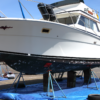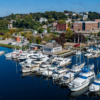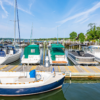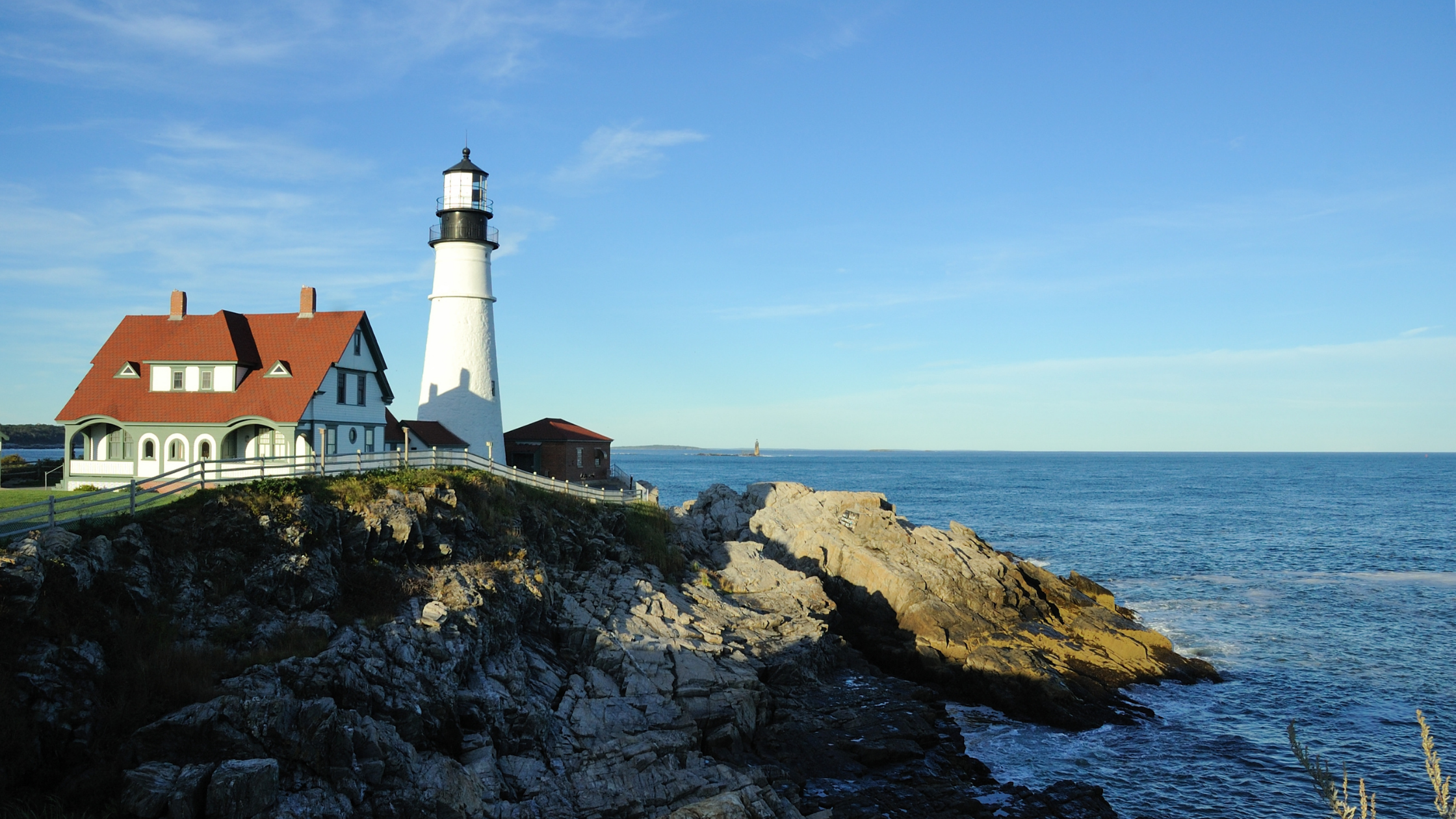
Hands down, Cape Cod is one of the most popular, scenic, and charming places to visit in all of Massachusetts. In addition to its outstanding scenery and nature, the iconic peninsula is known for its historic villages, mouthwatering fare, art galleries, and antique shops. And, from noisy and lively to polished and sophisticated, Cape Cod fits whatever mood you’re in.
However, Cape Cod’s over 550 miles of shoreline, and 40 miles of national seashore, are what make it a premier boating destination. It also juts out into the untamed waters of the Atlantic Ocean. This means, for all its beauty, it can pose challenges to even the most experienced Captain. So, if you haven’t cruised to Cape Cod in a while, or never navigated its waters, you should know what to expect. That’s why the crew at Snag-A-Slip put together a few important tips that will ensure your Cape Cod vacation is smooth sailing.
There’s no sense sugar-coating it, boating conditions on the Cape can, at times, be demanding. They run the gambit from sheltered bays to slightly more exposed areas of the Nantucket Sound and Cape Cod Bay, to the fully exposed and powerful Atlantic Ocean. The key to an enjoyable and safe boating vacation is being prepared. So, here’s what you can expect while navigating the ocean and bays of Cape Cod:
Cape Cod Bay
Cape Cod bay is the celebrated body of water to the north and west of the Cape itself. You can access it from the Cape Cod canal or any of the Cape’s north side harbors. It helps if you think of the Bay as a very large bowl with a gradual slope and extreme tide fluctuation. For this reason, it can be nearly impossible to launch a boat at any other time but the top 3 hours of the tide. That’s why it’s important that you know the water around you. If you don’t, you may find yourself stranded on a falling tide, just waiting for the tide to return.
You should also know that prevailing winds on the Cape are southwest. This means that the Bay is on the lee side of Cape Cod and for that reason, it’s protected. However, things can get ugly pretty quickly if the wind changes to a northerly direction.
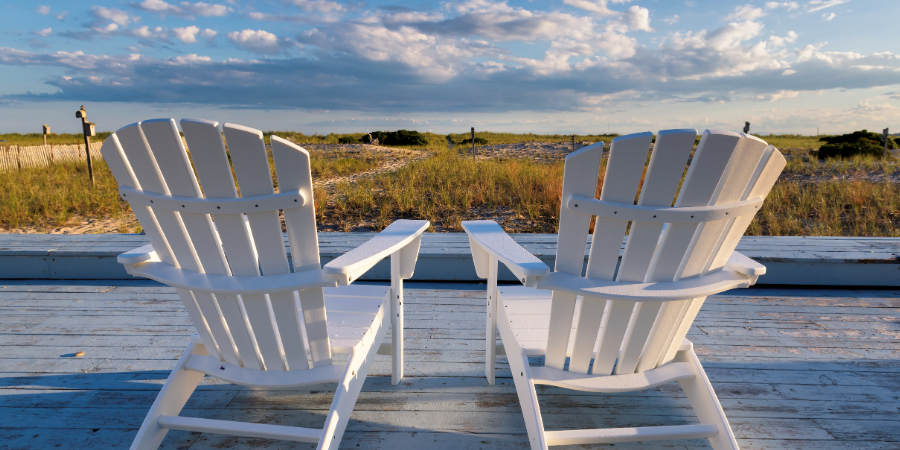
Nantucket Sound and Buzzards Bay
Just to the south of the Cape are the waters of Nantucket Sound and Buzzards Bay. These two bodies of water are accessible from the south coast harbors during all tides. Although these are fairly protected waters, as always, you should keep your eye on the weather.
If you’re up for a great day trip for the whole family, take a cruise to Martha’s Vineyard or Nantucket, just a short trip across Nantucket Sound.
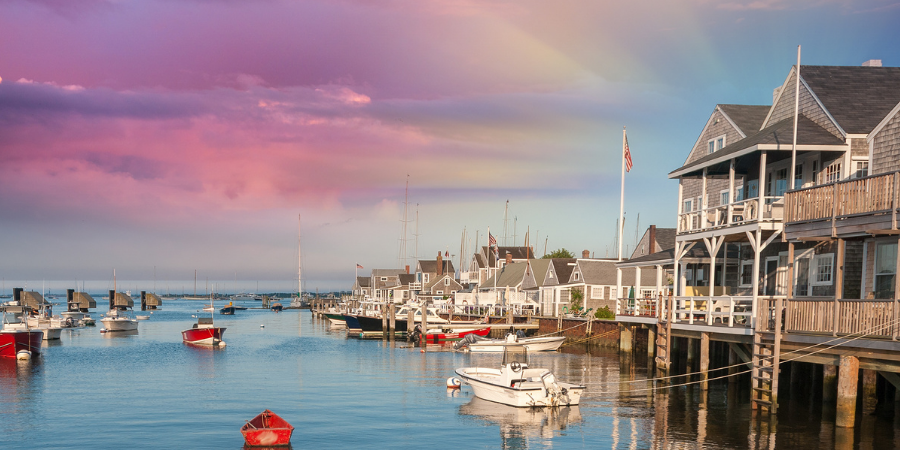
Atlantic Ocean
Last, but by no means least, is the “big pond”, the Atlantic Ocean. You may access it from any of the eastern harbors of the outer Cape, from Chatham to Provincetown.
Of course, whenever navigating the Atlantic, you should give it great respect and be over-prepared. It’s still one of the most powerful forces known to mankind and can be absolutely unforgiving. Just remember that what makes a great Captain is being ready for anything that comes your way.
There’s More! The Cape also has numerous other bodies of water for you to explore and enjoy. It’s home to nearly 1,000 fresh-water ponds sprinkled across the landscape, as well as saltwater estuaries like Pleasant Bay and Town Cove in Orleans.
Boating the waters of Cape Cod can be an amazing adventure. But as with any voyage, be sure you have the proper safety equipment, know the rules of boating and keep one eye on the weather. Lastly, familiarize yourself with the waters you’ll be visiting. You can grab an area navigational chart at any of the local Cape Cod marinas.




